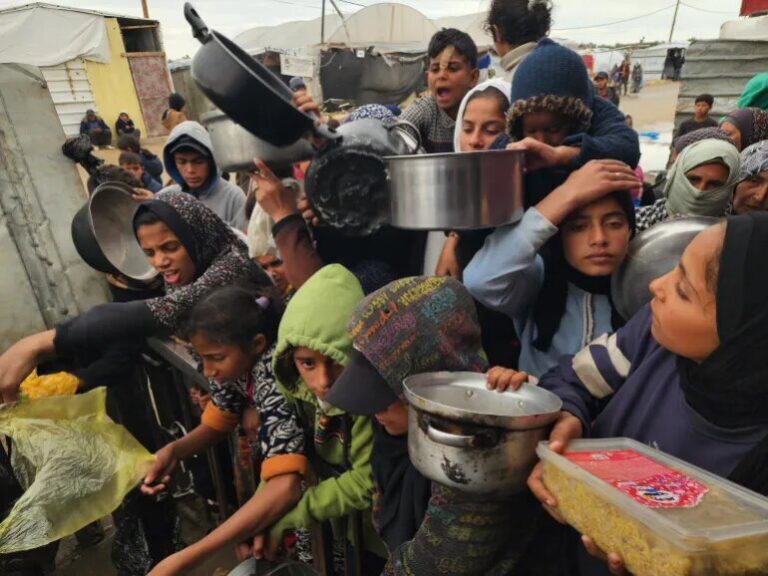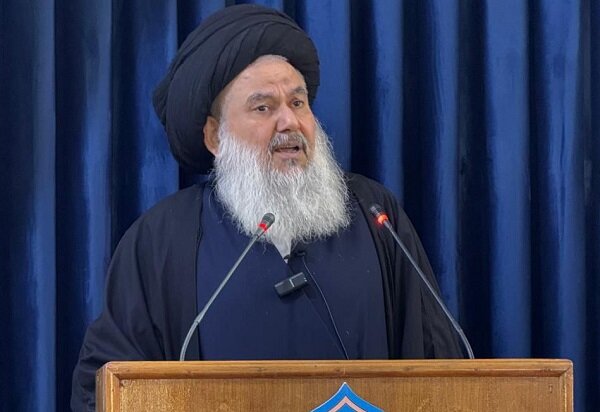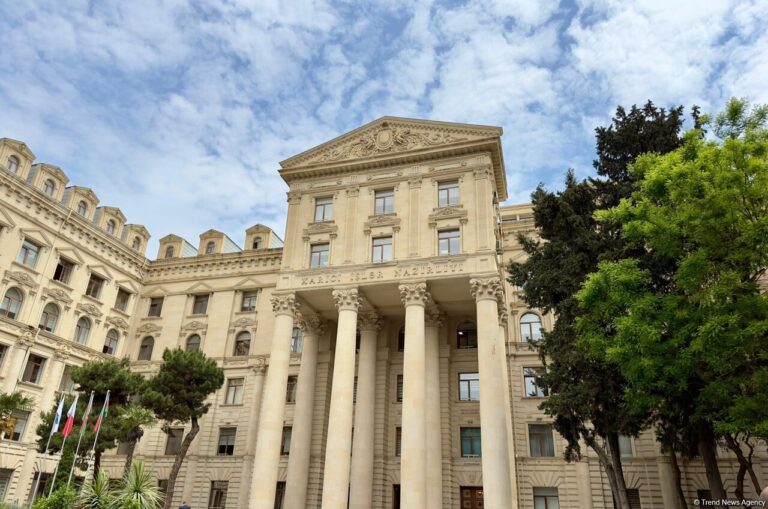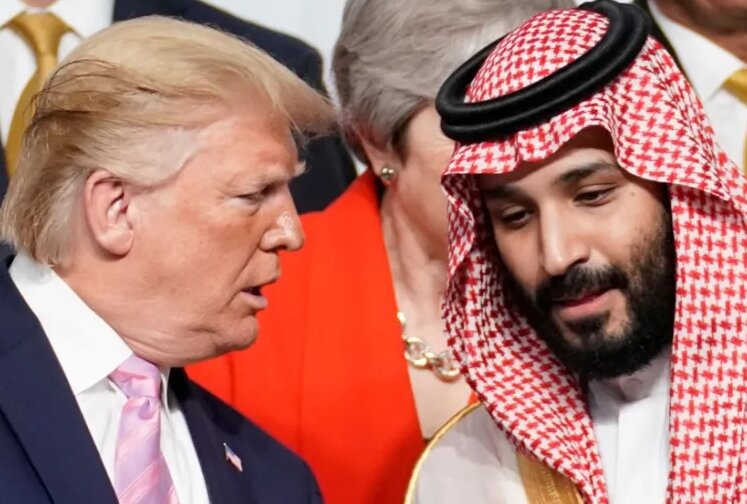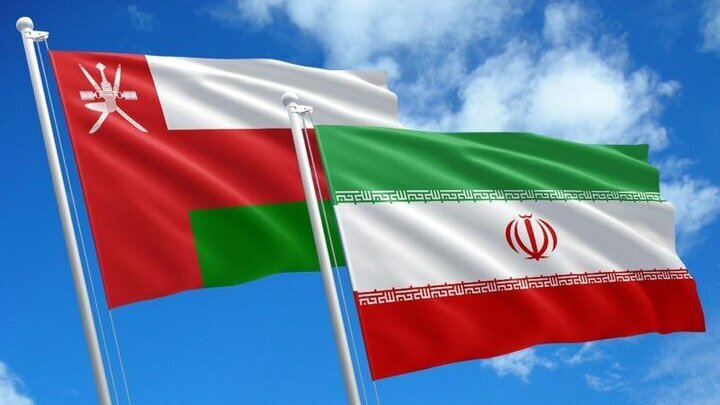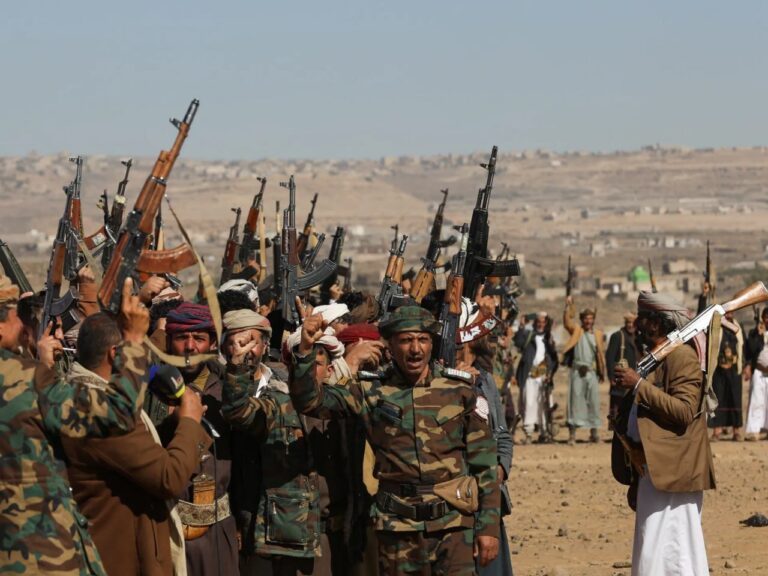Oman’s Indirect Negotiations: A Crucial Opportunity and Challenge Ahead
In light of President Donald Trump’s recent remarks, Iran is eager to engage in serious discussions aimed at sealing an agreement. The top Iranian diplomat, Abbas Araghchi, announced that indirect negotiations will take place in Oman on Saturday, marking a significant step forward in diplomatic efforts.
Araghchi shared his insights in a contribution to the Washington Post, emphasizing the importance of these indirect negotiations. He described them not only as an opportunity but also as a test of diplomatic resolve. Here are some key points from his statements:
- The model of engagement proposed by Iran is not unprecedented; the United States has previously mediated indirect talks, such as those between Russia and Ukraine, which involve complex issues including strategic and economic dimensions.
- Araghchi highlighted his personal experience in leading indirect negotiations with the United States, facilitated by the European Union in 2021. He noted that while the process was challenging, it was ultimately productive.
- Despite not reaching a final agreement during the previous talks, Araghchi attributed the shortfall mainly to a lack of genuine commitment from the Biden administration.
- He clarified that pursuing indirect negotiations is not merely a tactical move or a reflection of ideological differences; rather, it is a strategic decision based on past experiences.
- The Iranian diplomat pointed out the significant wall of mistrust that exists, compounded by doubts regarding the sincerity of U.S. intentions, especially given the ongoing “maximum pressure” policy.
As the negotiations approach, the stakes are high. Both countries have a lot to gain from a successful dialogue, yet the path forward remains fraught with challenges. The atmosphere of mistrust could impede progress, and both sides must demonstrate a willingness to engage seriously.
Araghchi’s comments underscore the complexities involved in diplomatic negotiations, particularly when indirect talks are the only viable option. The past experiences of both nations serve as a backdrop for the upcoming discussions. It is crucial for the U.S. to approach these negotiations with a genuine interest in resolving differences, rather than merely maintaining pressure.
Looking ahead, the outcome of the Oman meetings could set the tone for future diplomatic relations between Iran and the United States. A successful engagement could potentially lead to a thaw in relations, while failure could reinforce existing tensions.
In conclusion, the indirect negotiations scheduled for Saturday represent a pivotal moment for Iran and the United States. The willingness to engage in dialogue, despite past grievances, may prove to be a significant step toward achieving a more stable and cooperative relationship. Both nations stand at a crossroads, and the decisions made in the coming days will undoubtedly shape the future of their diplomatic interactions.
As the world watches, it remains to be seen whether these discussions will yield fruitful results or if they will fall victim to the longstanding issues of mistrust and differing priorities.

